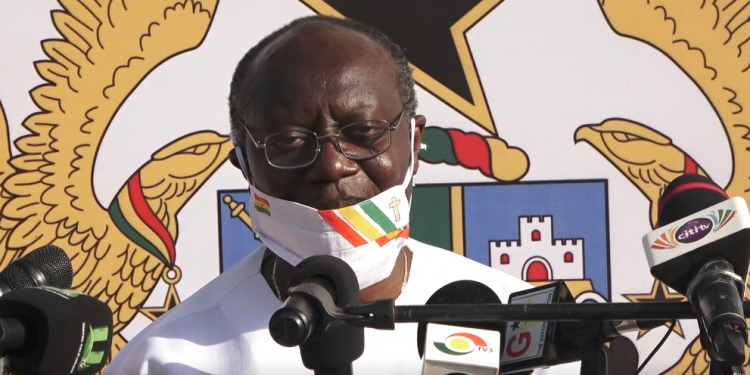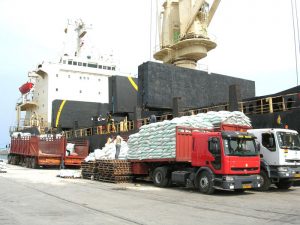The removal of Ghana from the global list of high-risk money laundering and terrorist financing countries has positioned the country for a stronger recovery in the coming months. This is according to Ghana’s Finance Minister, Ken Ofori-Atta,
The Financial Action Task Force (FATF), the initiative set up to tackle money laundering globally, grey lists a country which it considers as a safe haven for terror funding and money laundering, as a warning to the country to tackle the menace.
In order for a country to be delisted, it must show a strong commitment to addressing the menace.
Ghana was put on FATF’s list in October 2018 after identifying the deficiencies in the country.
On 7th May 2020, the European Commission also cited Ghana as one of four African countries listed by the European Union for money laundering breaches and terror financing concerns.
Since then, all financial transactions in and out of Ghana were under greater scrutiny.
But on Friday, June 25, the Financial Action Task Force announced Ghana’s removal from the global list.
This was after it was satisfied that Ghana had adequately strengthened its regime against money laundering and terrorist financing, in line with international requirements.
The Finance Minister, Ken Ofori-Atta, speaking to the media in Accra expressed optimism in the country’s future growth now that the country is no more on the list.
“The international community has renewed its confidence in Ghana’s Anti-Money Laundering and Countering the Financing of Terrorism (AML/CFT) regime. This is great relief for the country, considering the economic consequences suffered by the country while on the list. This will boost confidence in the integrity of our financial environment and also boost foreign direct investment.”
A former Deputy Finance Minister, who now doubles as the Chairman of the Finance Committee in Parliament, Kwaku Kwarteng, further explained that Ghana has automatically been removed from the European Union’s list too.
He highlighted, “Ghana was grey listed by FATF. The EU itself communicated to us publicly that they had no issues with Ghana’s anti-money laundering regime. The only reason the EU listed us was because FATF listed us. So once we are off the FATF list, automatically, we get off the EU’s list as well.”






